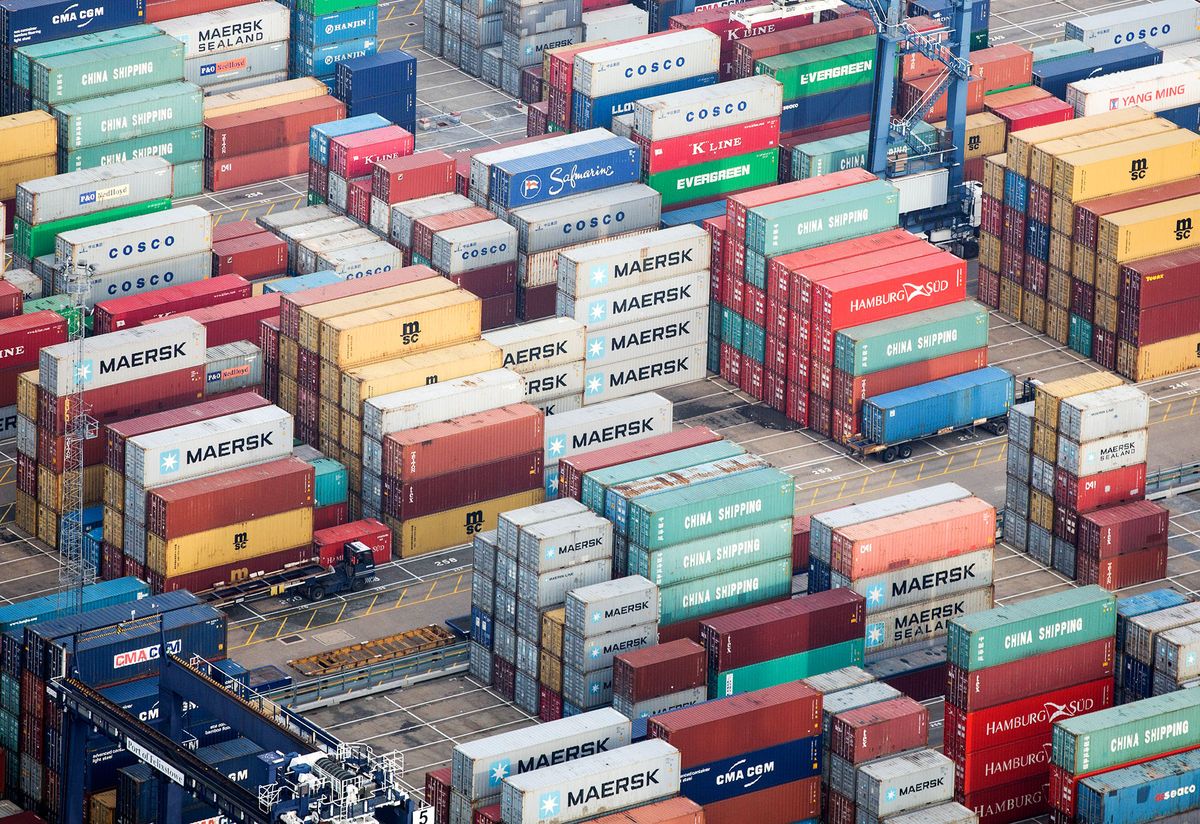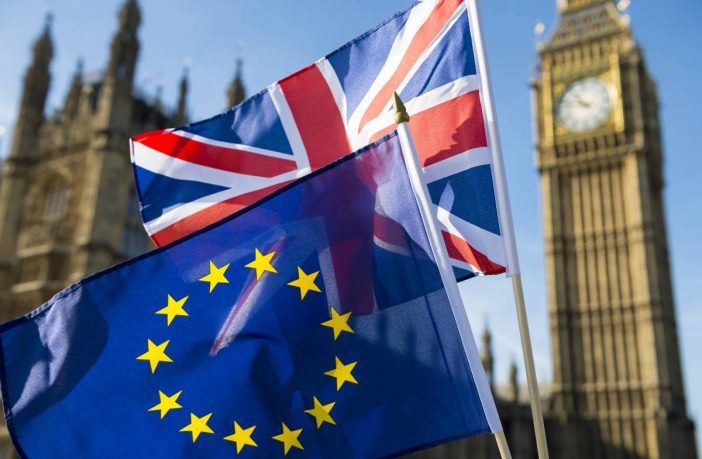How goods will be controlled at the UK-EU border
Brexit entailed the reorientation of a large number of processes, both within the EU and in the UK itself. A meeting of heads of EU and Kingdom is to be held in March to discuss details of cooperation and outline business relations. An important subject of discussion is the control of goods at the border with the EU countries.
Further actions by the UK depend on the success of the planned meeting. If the necessary goals are not achieved during the negotiations, the UK will strengthen the control of goods coming from the EU. It is not yet clear what the UK can claim, but there is every chance that it will stand firm and negotiate hard.
The upcoming meeting should answer the important question of whether a free trade agreement will be signed. In the event that the parties do not reach an agreement, there will be a fairly tough scenario for countries. The UK will strengthen the control of European products at the border, thorough inspections will affect many goods. This could lead to a reduction in the number of export-import transactions. The UK has already announced a procedure for monitoring goods at customs points. All imports from the European Union must submit export declarations, safety and security documents. Products must have veterinary declarations and must undergo multiple checks at customs checkpoints before they can enter supermarkets and points of sale. Such changes will strengthen and complicate the work of border agencies, and to be ready for this in 2021, British officials have already begun the procedure of reforming the segment.

Such a tough stance from London was not accidentally voiced before the negotiations began. The kingdom wants to show that it is determined and intends to achieve beneficial conditions for itself.
However, the statements by the UK do not scare Brussels too much. The past government of the kingdom expressed similar theses, so the European Union is not in a hurry to make concessions and is not afraid of checks. According to the EU representatives, stronger border controls will have a positive impact on the quality of goods and will be beneficial to everyone.
For the first time the UK’s exit from the European Union was discussed in 2016. Since that period, the authorities of the kingdom offered to close the borders to prevent the flow of migrants from Europe. However, the free trade regime was to remain in place. Brussels did not want to go for such agreements, insisting that such cooperation was selective. In addition, the free movement of citizens was considered one of the EU’s top priorities, and London was committed to hurting people.
In any case, all details of cooperation will be agreed in March, only to wait for the outcome of this meeting.




